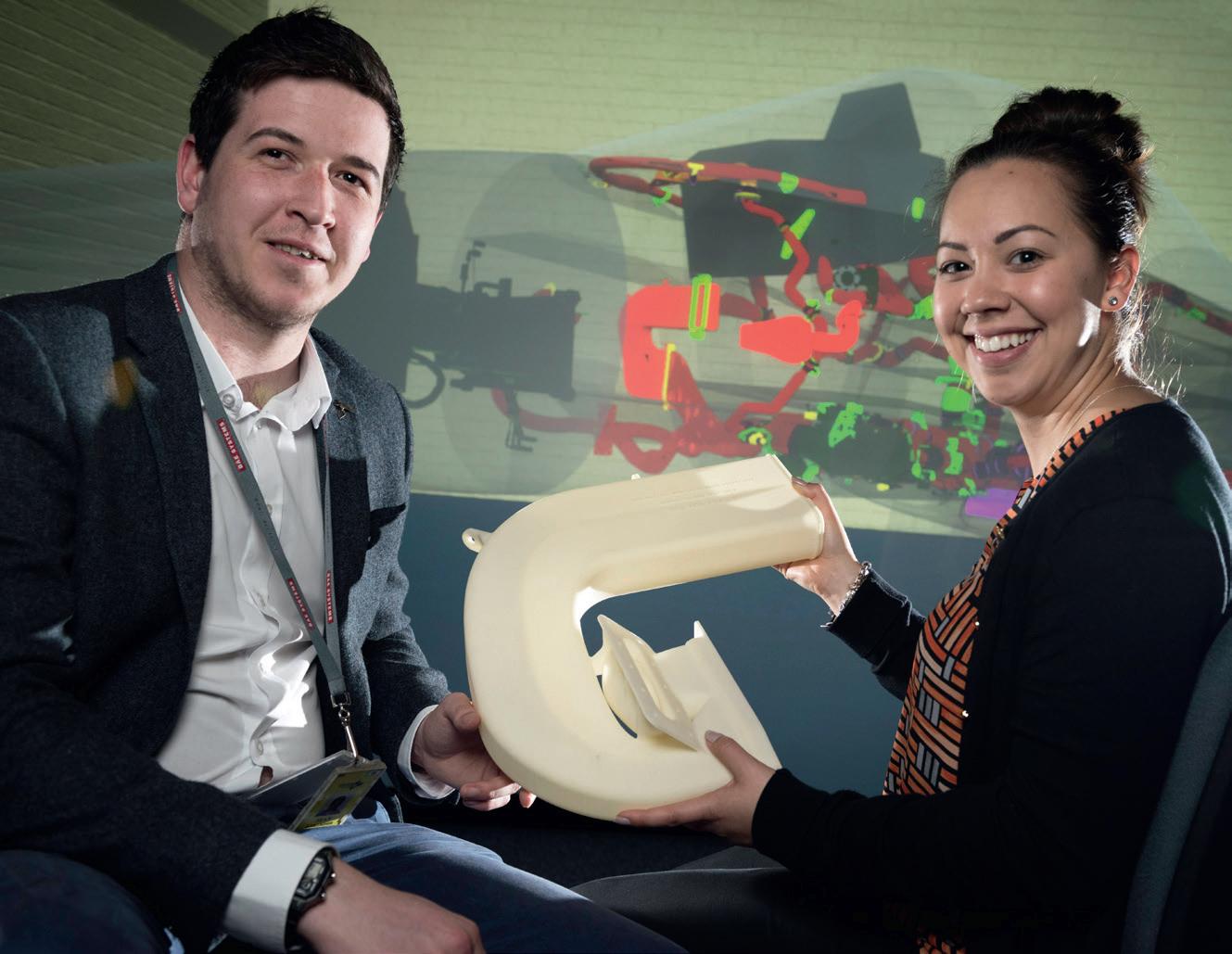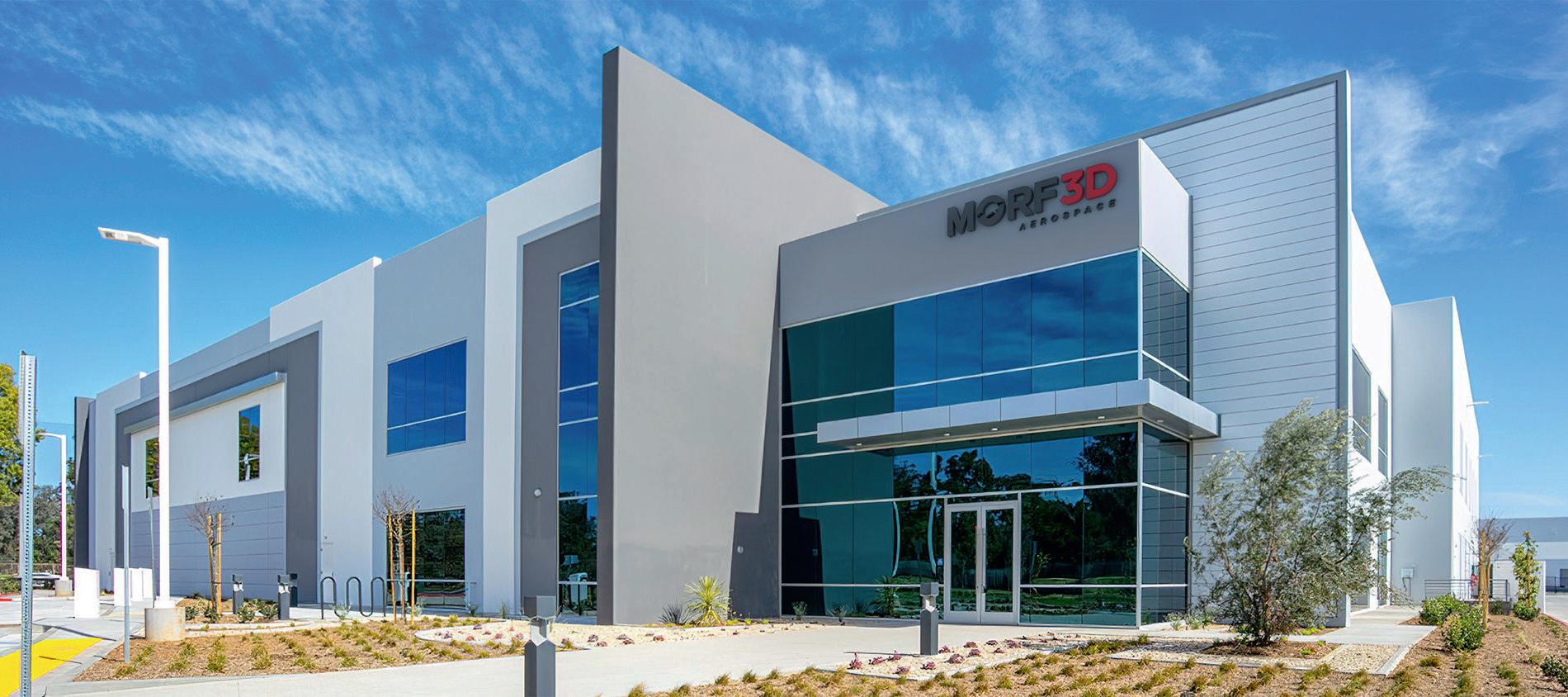Tooling, jigs & fixtures
3D PRINTING HITS THE SP T WORDS: Sam Davies
I
n one of PepsiCo’s more renowned dalliances with 3D printing, a series of complex masks that fitted onto themed soda cans helped to generate more than 10 million social media impressions to promote the movie premiere of Marvel’s Black Panther.
to take the external dimensions of a conventional mold and utilize that as a shell, and then only print the parts that are unique and customized for the application, which is essentially the cavity of the bottle, which we call the inserts and the base.”
While the company’s latest application of the technology has so far had less reach and revere, it is having no less impact.
The Modular Mold Set application is 3D printer agnostic, but PepsiCo generally opts for Digital Light Processing technologies ahead of FDM and PolyJet, for example, for their faster print speeds. PepsiCo started its development on this project with Carbon’s Digital Light Synthesis technology, utilizing the
Max Rodriguez, Sr. Manager of Global Packaging R&D, and Thangthip Tekanil, R&D Packaging Engineer, are part of a team that covers performance simulation, advanced rapid prototyping and advanced system capabilities at PepsiCo. In these endeavors, they serve a team of 120 R&D engineers with the ‘right tools and right capabilities,’ so they can deliver projects ‘with excellence.’
Cyanate Ester (CE) material – which boasts a heat deflection temperature of 230°C according to the Carbon datasheet – on the M2 platform. But it has since moved forward with the NXE400 system and xPEEK 147 material from Nexa3D, citing a larger build volume, preferences over the Nexa business model, and a slight edge in terms of heat deflection temperature – 238°C and tested against ASTM D648 according to Nexa’s datasheet.
Among those tools and capabilities is PepsiCo’s patented Modular Mold Set, which is compatible with most standard blow molders and comprises an aluminum shell, dental stone, and 3D printed inserts for various bottle designs from 100ml to 3L. “The Modular Mold Set is a means for us to be able to very rapidly and quickly generate a customized mold that we can then utilize in our lab-scale or Pilot Plant scale stretch blow molding equipment,” Rodriguez told TCT. Previously, to get functional mold samples, PepsiCo would contract an external service provider who would leverage a subtractive manufacturing technique – CNC or EDM, depending on the complexity – and return the tool within two-to-four weeks at a typical cost of up to 10,000 USD. “What we wanted to do was find a way that we can very quickly and rapidly do it internally at a fraction of the cost,” Rodriguez continued. “We developed the Modular Mold concept by looking at what is it that we really need? What we need is the capability of being able to print the features of the tool that are unique. If we try to print the entire mold, it will take forever, and we will use a significant amount of material. We decided
SHOWN: MOLD INSERT 3D PRINTED ON NEXA3D’S NXE400 MACHINE WITH XPEEK 147.
VOL 8 ISSUE 3 / www.tctmagazine.com / 045












